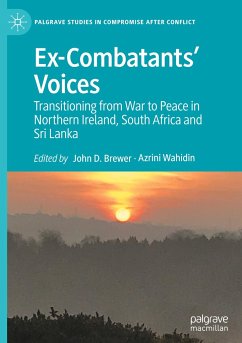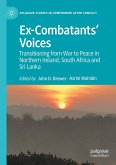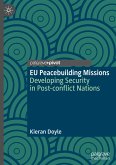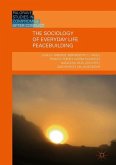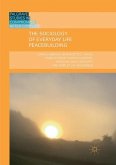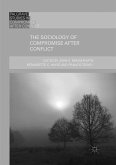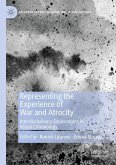This book develops the discourse on the experiences of ex-combatants and their transition from war to peace, from the perspective of scholars across disciplines. Ex-combatants are often overlooked and ignored in the post-conflict search for memory and understanding, resulting in their voice being excluded or distorted. This collection seeks to disclose something of the lived experience of ex-combatants who have made the transition from war to peace to help to understand some of the difficulties they have encountered in social and emotional reintegration in the wake of combat. These include: motivations and mobilizations to participation in military struggle; the material difficulties experienced in social reintegration after the war; the emotional legacies of conflict; the discourses they utilize to reconcile their past in a society moving forward from conflict toward peace; and ex-combatants' subsequent engagement - or not - in peacebuilding. It also examines the contributions that former combatants have made to post-conflict compromise, reconciliation and peacebuilding. It focusses on male non-state actors, women, child soldiers and, unusually, state veterans, and complements previous volumes which captured the voices of victims in Northern Ireland, South Africa and Sri Lanka. This volume speaks to those working in the areas of sociology, criminology, security studies, politics, and international relations, and professionals working in social justice and human rights NGOs.
"The book ... successfully argues that the deep seated and binary moral judgments about the wrongdoing of ex-combatants not only revictimizes the ex-combatant but can also hold back peace processes. ... For academic readers, the book serves as a rich and valuable source of qualitative research, a top text for a university peace programme. Brewer and Wahidin have skilfully crafted the volume to ensure that in each chapter, the reader is grounded in the arguments being made." (Kisane Prutton, The Peace Psychologist, Vol. 30 (2), 2021)

